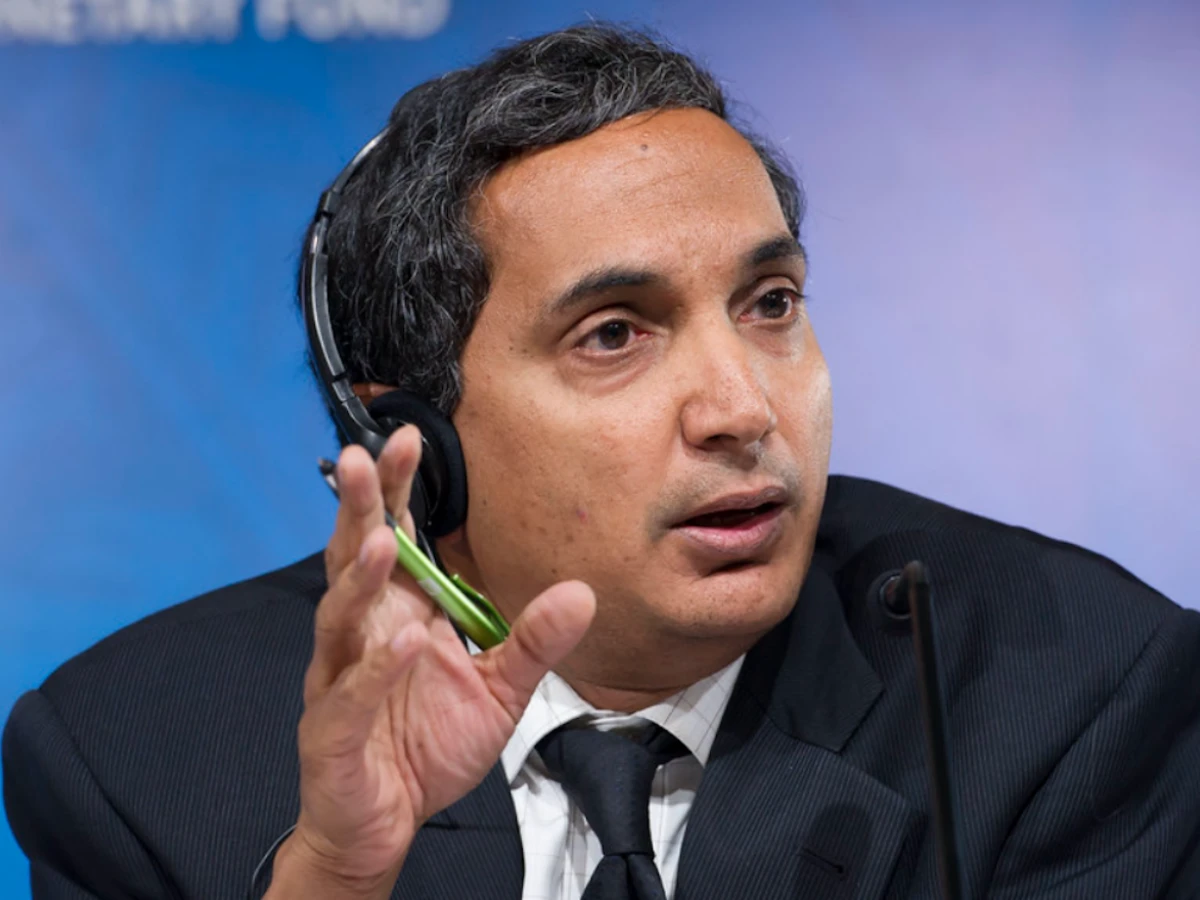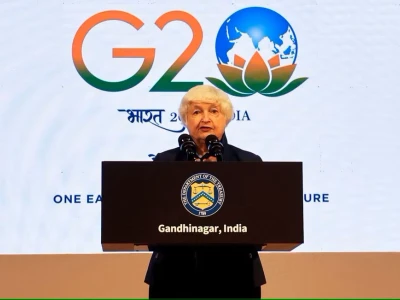
IMF says Maldives on right track to reduce hight debt
"Restructuring debt is not an easy task. But first, the country should decide whether this is the situation. After that, the IMF will continue to help.
By
Ahmed Naif
International Monetary Fund (IMF) has said that the government's measures to stabilise the Maldives' high debt are good and if they are maintained the country's debt can be reduced.
Finance ministry data shows that the country's debt at the end of last year:
-
crossed MVR 100 billion mark
-
That is 106% of the output or GDP
Responding to a question from Atoll Times at a press conference held to conclude a week-long workshop held in Indian capital New Delhi by IMF for business journalists in the South Asian region, Krishna Srinivasan, head of Asia and the Pacific region of the agency, said that the biggest satisfaction with the Maldives is that tourism in the Maldives has rebounded to its pre-Covid levels and the entire economy has started to grow. As a result, the country's debt ratio as a percentage of GPD is declining, he said.
Pointing out that it was a relief, he said:
-
Debt at 150% of GDP in 2020 reduced to 116% in 2022
-
Despite massive economic growth, the country's debt is not sustainable
-
Changes in taxes, government spending or fiscal policy are good for the Maldives
-
TGST, GST hike has improved the country's fiscal situation by 3%
"If fiscal policy is tightened to match economic growth, the country can reduce the current huge debt. However, these are long-term sustained measures. It's not going to happen in a single year. The fiscal reform policy adopted by the Maldives should remain the same for many years. We have to be careful about it," Krishna said.
Concerned that measures may be abandoned
Krishna said the main concern for the Maldives at the moment is that since this is the year of elections, questions are being raised about whether the government's expenditure cuts and tax changes can be sustained in that manner. He warned that if this happens, the country's finances will be adversely affected.
With an election year around the corner, things like cutting costs can be difficult. But let's see if the current measures are maintained as they are; not to be laid back with implementing them, and not divert from the path.
Noting that the IMF is closely advising the Maldives on measures to be taken based on the situation, Krishna said that the Maldives has started to reduce its debt, but it's still not the time to relax, he said.
"With an election year around the corner, things like cutting costs can be difficult. But let's see if the current measures are maintained as they are; not to be laid back with implementing them, and not divert from the path," Krishna said.
Debt restructuring optional
Asked if the country's debt is in a situation where it needs to be restructured or revised, Krishna said restructuring debt is a difficult decision that every country takes. He, however, added that such a decision is at the discretion of a country based on what needs to be looked into.
There is a temptation to to borrow from a country because there's no conditionally attached with the borrowing. I think that can come back to haunt you later.
Without getting to that point, the IMF is helping to improve the country's finances and training people, he said. The IMF is also advising the country on positive policy changes before things go wrong, he said.
"Restructuring debt is not an easy task. But first, the country should decide whether this is the situation. After that, the IMF will continue to help with that," Krishna said.
Lesson is to be cautious when borrowing
Asked by Atoll Times whether it was the concern of the IMF that small countries like the Maldives were being put in a debt trap as part of India and China's efforts to gain power in the South Asia region, Krishna said the results of borrowing and spending by some governments were bad because they were getting easy loans. "Therefore, the IMF's constant advice is to consider the interest and other aspects of a loan before taking a loan and see if it is worth paying," he said.
"There is a temptation to to borrow from a country because there's no conditionally attached with the borrowing. I think that can come back to haunt you later." Krishna said.




